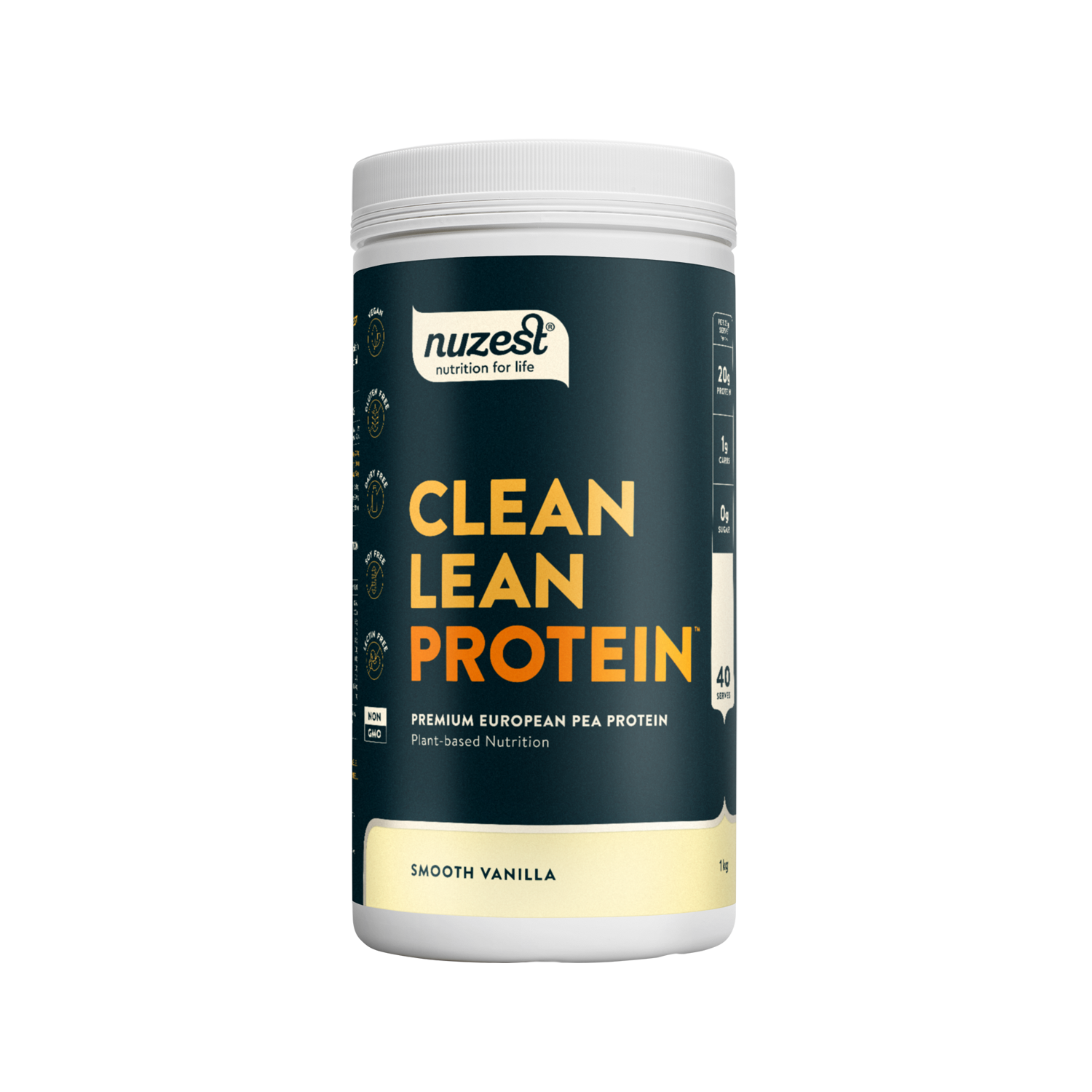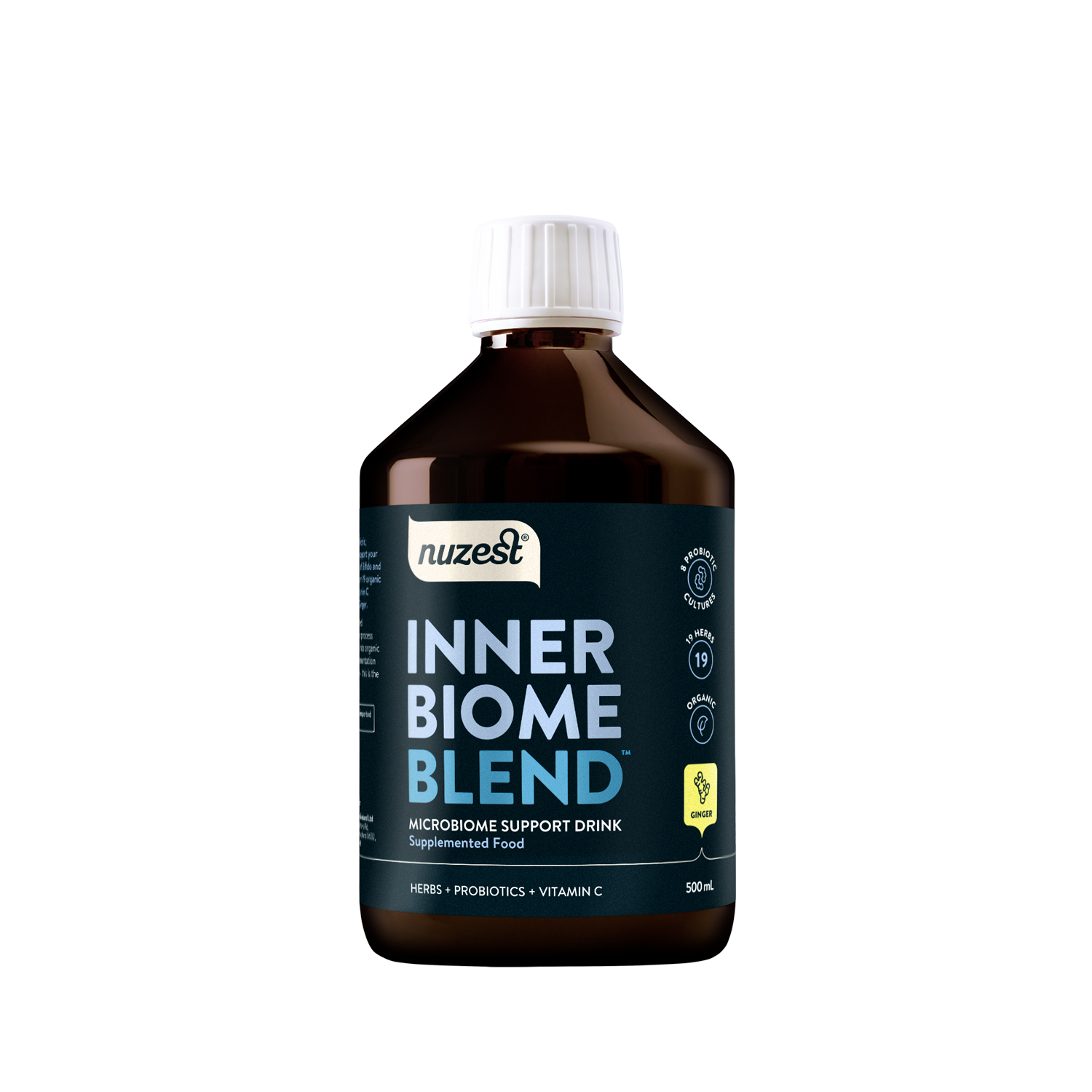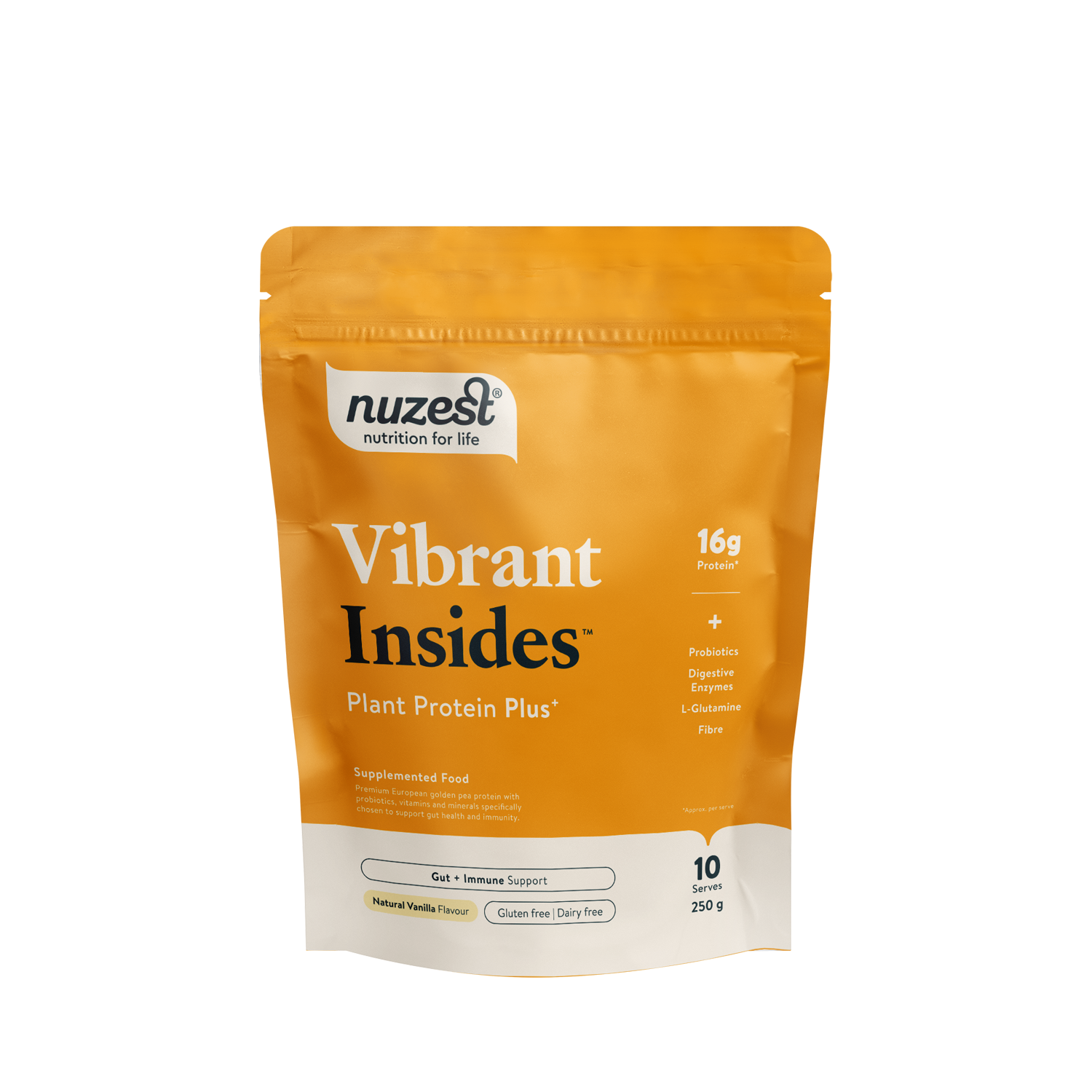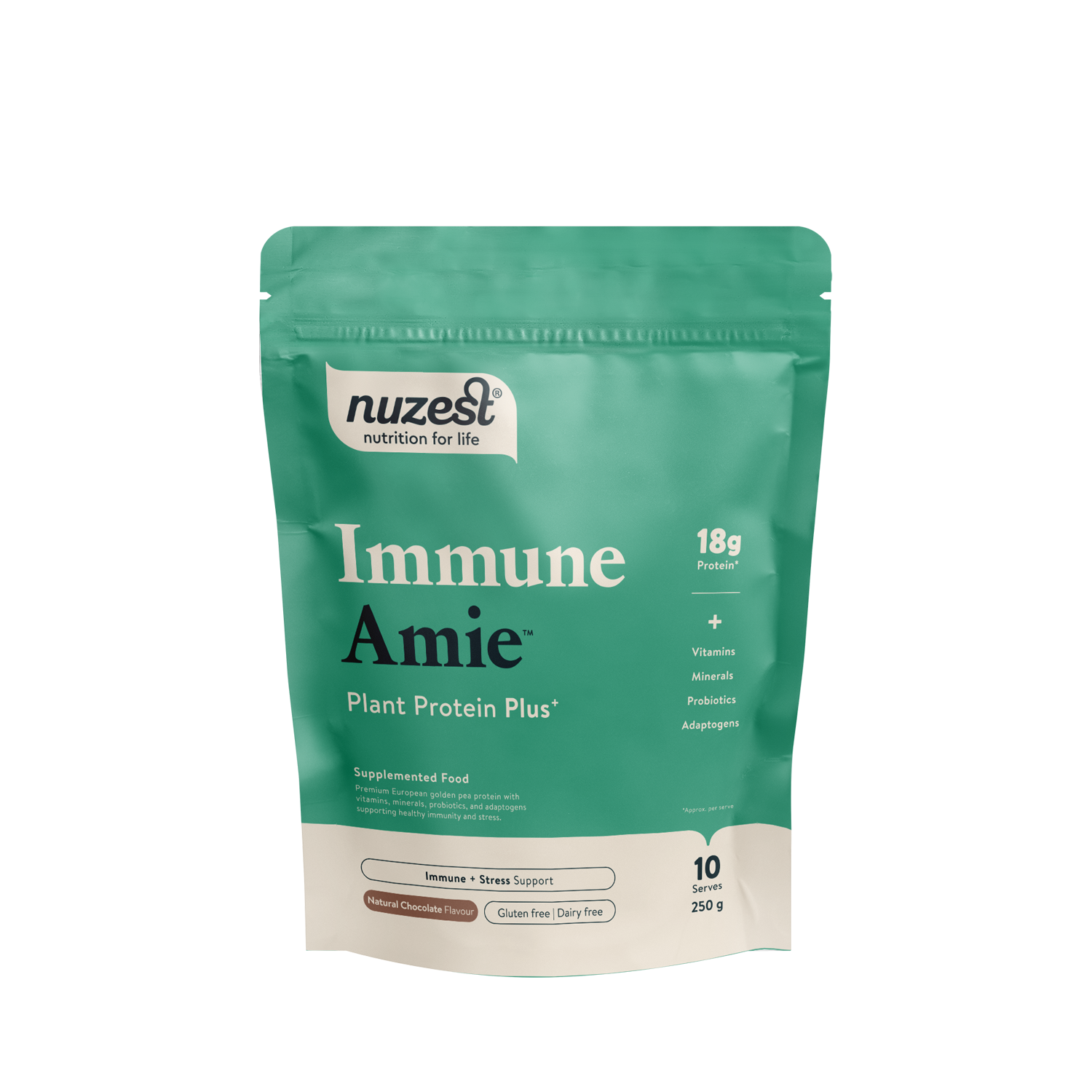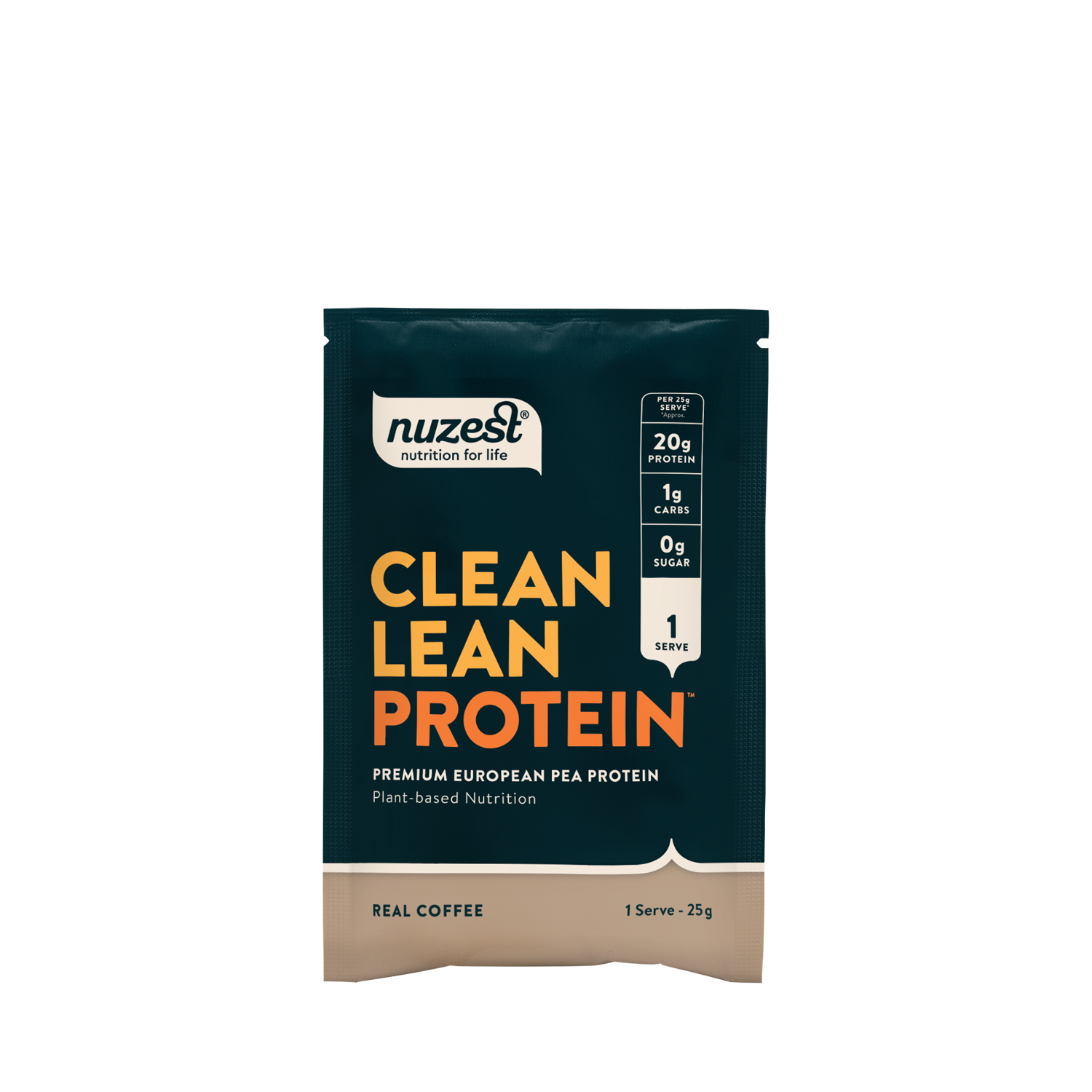Vitamin C
Ascorbic Acid

Vitamin C, or ascorbic acid, is a water-soluble vitamin involved in collagen synthesis and antioxidant functions. It is widely used in supplements and as a food preservative.
Products:
Vitamin C for Immunity
Vitamin C is well known for its role in supporting immune function. It contributes to the production and activity of white blood cells, which are essential for defending the body against pathogens. It also enhances epithelial barrier integrity and supports the skin’s immune response, while providing antioxidant protection against oxidative stress. Regular intake of vitamin C has been associated with a reduced severity and duration of common infections, underscoring its value in maintaining immune health.¹ ²
Is Vitamin C an Antioxidant?
It is also well known for its potent antioxidant properties. It helps protect cells from oxidative damage by neutralising free radicals—unstable molecules that can contribute to cellular ageing and the development of chronic conditions. Through this mechanism, vitamin C supports overall cellular integrity and may help reduce the risk of diseases such as cardiovascular disease, certain cancers, and neurodegenerative disorders.³
Vitamin C and Collagen Production
Collagen is a structural protein that contributes to the strength and elasticity of skin, blood vessels, bones, and connective tissues. Vitamin C is essential for the enzymatic reactions involved in collagen synthesis. By supporting collagen production, vitamin C helps maintain skin integrity, promotes wound healing, and may reduce the appearance of fine lines and wrinkles. Due to these effects, it is commonly included in topical formulations aimed at supporting skin health and appearance.⁴ ⁵
Vitamin C for Cardiovascular Health
Vitamin C supports cardiovascular health through multiple mechanisms. It contributes to the maintenance of healthy blood vessels and has been associated with reductions in blood pressure. Additionally, it may help lower levels of LDL cholesterol and support improved circulation. Its antioxidant activity also protects vascular tissues from oxidative stress, which plays a role in the development of cardiovascular diseases such as heart disease and stroke.⁶ ⁷
Vitamin C for Allergies
With its anti-inflammatory and natural antihistamine properties, this nutrient may help reduce the severity of allergic reactions, including symptoms such as sneezing, runny nose, and itchy eyes. By modulating histamine levels in the body, it can offer relief for individuals affected by seasonal allergies or allergic rhinitis.⁸ ⁹ ¹⁰

